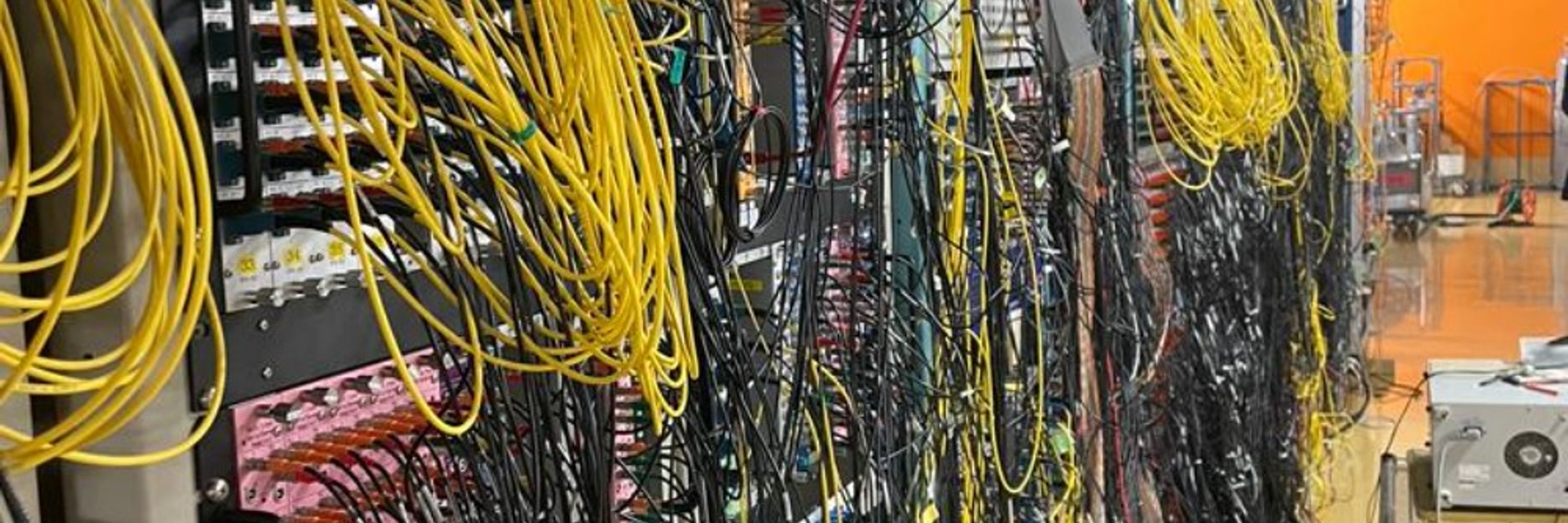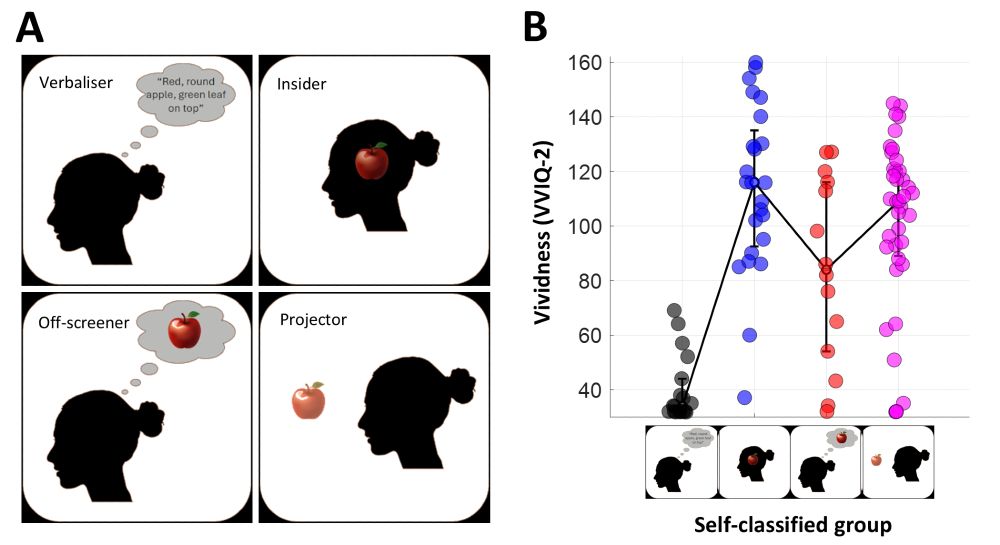hakwan lau
@hakwan.bsky.social
7.9K followers
3.9K following
910 posts
neuroscientist in Korea (co-director of IBS-CNIR) interested in how neuroimaging (e.g. fMRI or widefield optical imaging) can facilitate closed-loop causal interventions (e.g. neurofeedback, patterned stimulations). https://tinyurl.com/hakwan
Posts
Media
Videos
Starter Packs
Pinned
Reposted by hakwan lau
Reposted by hakwan lau
Reposted by hakwan lau
Reposted by hakwan lau
Reposted by hakwan lau
Reposted by hakwan lau
Reposted by hakwan lau
Reposted by hakwan lau
Reposted by hakwan lau
Reposted by hakwan lau
Reposted by hakwan lau
Reposted by hakwan lau
Reposted by hakwan lau
Reposted by hakwan lau



















